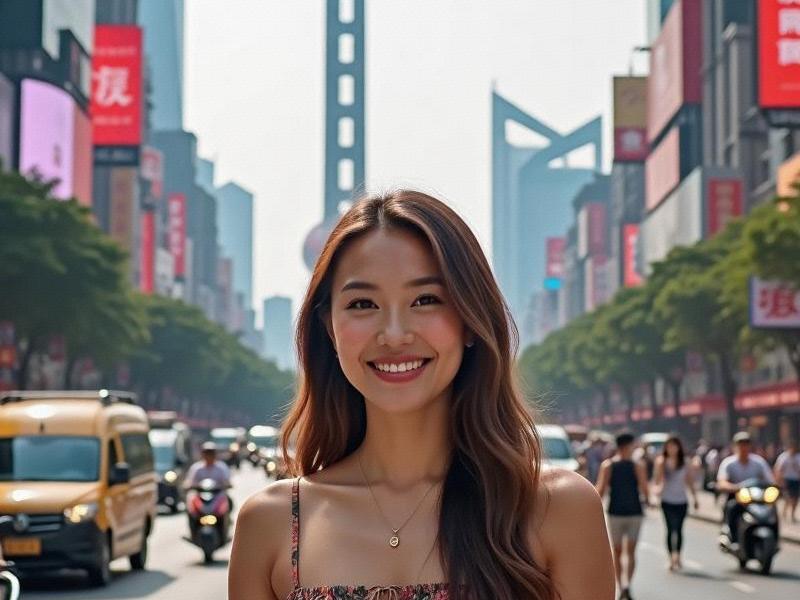This 2,800-word cultural exploration examines how Shanghai women navigate traditional expectations and modern ambitions, creating a unique urban femininity that influences fashion, business and social norms across China.

The "Shanghai beauty" archetype - immortalized in 1930s cigarette ads and modern luxury campaigns alike - represents far more than physical attractiveness. In 2025, this cultural icon embodies the complex negotiation between Shanghai's cosmopolitan present and its nuanced past.
Historical Foundations
Shanghai's feminine ideal developed through unique historical intersections:
• Treaty Port era (1842-1943): Western and Chinese beauty standards first blended
• 1920s "Modern Girls" movement: Radical adoption of short hair and cosmetics
• Socialist period (1949-1978): Masculine workwear as political statement
• Reform era: Return to femininity as economic liberalization progressed
上海龙凤419 Contemporary Manifestations
Modern Shanghai women exhibit distinctive traits:
- "Steel-Velvet" professional persona: Assertive yet socially graceful
- Hybrid fashion sense mixing qipao silhouettes with techwear elements
- Mastery of "calculated spontaneity" in social media presentation
The Beauty Economy
Shanghai's appearance-related industries reveal cultural priorities:
上海贵族宝贝sh1314 1. The 18 billion RMB cosmetic surgery market favors "natural enhancement"
2. Luxury skincare clinics incorporate Traditional Chinese Medicine
3. Image consulting firms teach "status signaling" through subtle accessories
Educational & Professional Impact
Notable trends among educated Shanghai women:
• 67% of Fudan University graduate students are female
• "Feminine leadership" styles dominate Shanghai's service sector
上海喝茶群vx • Rising preference for childfree lifestyles among professionals
Cultural Contradictions
Persistent tensions in Shanghai's gender dynamics:
- Celebration of strong women coexists with intense marriage pressure
- Workplace equality advances while beauty standards become more demanding
- Traditional "son preference" declines yet persists in some districts
As Shanghai positions itself as China's global city, its women continue redefining what feminine success means - not through rejection of tradition, but through its strategic reinterpretation. The resulting identity offers a compelling model for urban women throughout Asia navigating similar cultural crossroads.